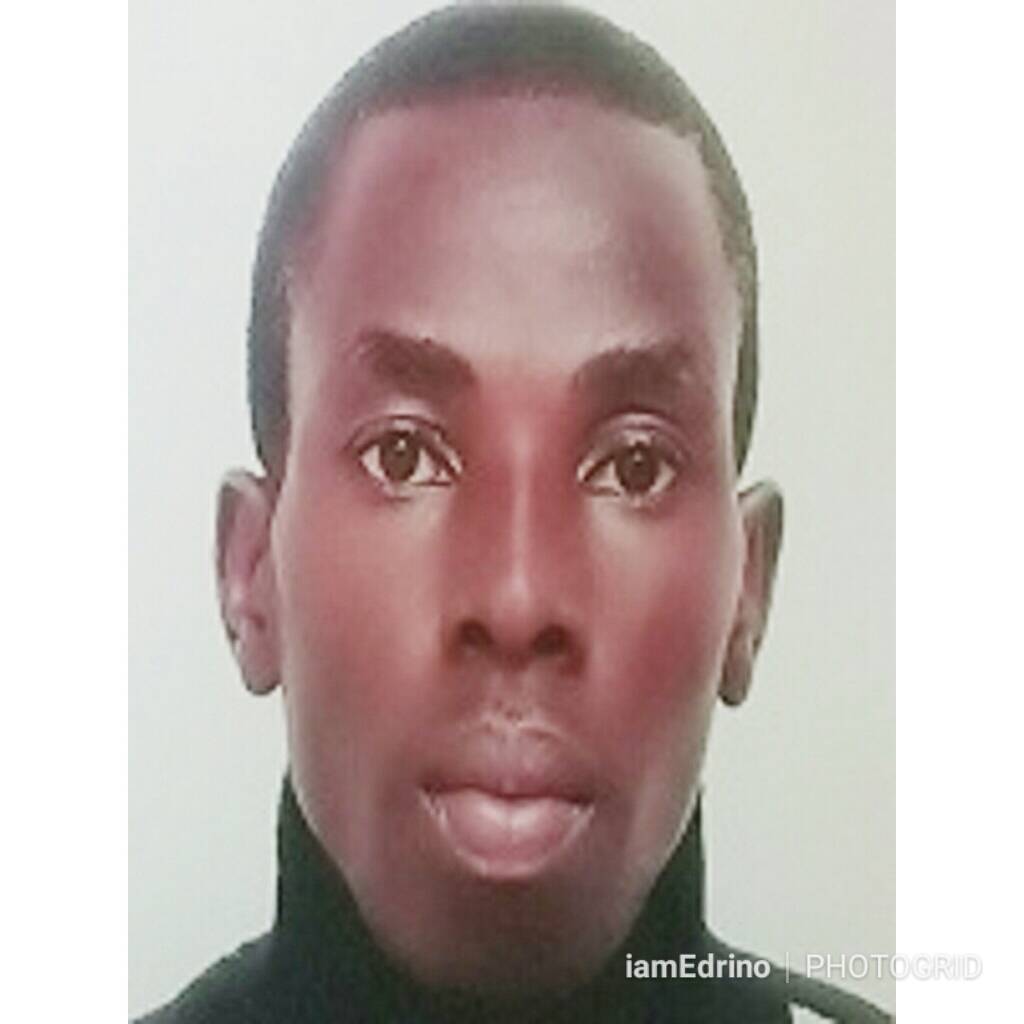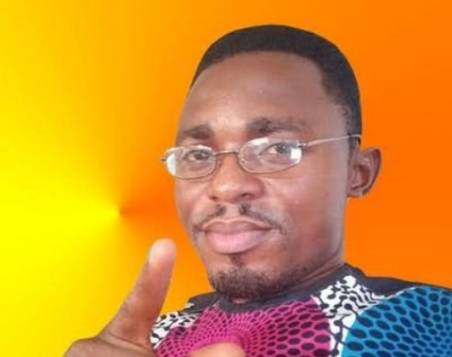Ghana's economy is currently grappling with significant problems,yet many media houses are silent because it's not the NDC government William Boadi bold tells media journalist.
In recent years, the Ghanaian media landscape has become a battleground for political discourse, with journalists and media houses often playing a crucial role in shaping public opinion. However, a disturbing trend has emerged: a palpable bias and selective criticism that undermines the very essence of objective journalism. Many journalists and media houses appear to be myopic and hypocritical, often scrutinizing the National Democratic Congress (NDC) government with an intensity that is glaringly absent when it comes to the New Patriotic Party (NPP) government. This bias is not only unfair but also detrimental to the country's democratic fabric.
The NDC, during its tenure, faced relentless criticism from the media on various fronts. Every policy, decision, and misstep was dissected with surgical precision, and the government was held accountable for its actions. This level of scrutiny is essential in a democracy, as it ensures transparency and keeps the government on its toes. However, the same media houses and journalists who were once vocal critics have now adopted a more subdued tone under the current NPP administration, despite the evident economic challenges and governance issues.
Ghana's economy is currently grappling with significant problems: rising inflation, high unemployment rates, and a depreciating currency are just a few of the issues that have led to widespread public discontent. Yet, the media's response has been disappointingly muted. The critical voices that once championed the cause of the ordinary Ghanaian seem to have been silenced or are choosing to look the other way. This selective criticism raises questions about the integrity and independence of Ghanaian journalism.
The media's role in a democracy is to act as the fourth estate, holding power to account irrespective of the ruling party. When journalists and media houses fail to maintain this impartiality, they betray the trust of the public and compromise their credibility. The current silence on the part of many media outlets regarding the NPP government's handling of the economy is a stark example of this betrayal.
Hypocrisy in the media is not just a matter of selective criticism but also of selective silence. By not addressing the NPP government's failures with the same vigor as they did the NDC's, the media is implicitly condoning these failures. This silence can be interpreted as tacit approval, which can embolden the government to continue on a path that may not be in the best interest of the country.
Moreover, this myopic approach to journalism diminishes the media's role as a watchdog. When journalists focus disproportionately on one political party while giving another a free pass, they create an unbalanced narrative that misleads the public. This imbalance can skew public perception and influence electoral outcomes, ultimately undermining the democratic process.
Ghanaian journalists and media houses must reclaim their role as impartial arbiters of truth. They must hold all governments accountable, regardless of political affiliation. This requires a recommitment to the principles of fairness, accuracy, and objectivity. The media must be the voice of the voiceless, the watchdog that guards against abuse of power, and the platform where diverse opinions can be heard.
Look, the current state of Ghanaian journalism, marked by hypocrisy and myopia, is a disservice to the nation. The media must rise above partisan biases and ensure that their scrutiny is fair and balanced. Only then can they truly fulfill their role in strengthening Ghana's democracy and promoting good governance. The silence must end, and the media must speak truth to power, regardless of who holds that power.
We're one people. Ghana first.
See Image Below;




No comments yet
Be the first to share your thoughts!